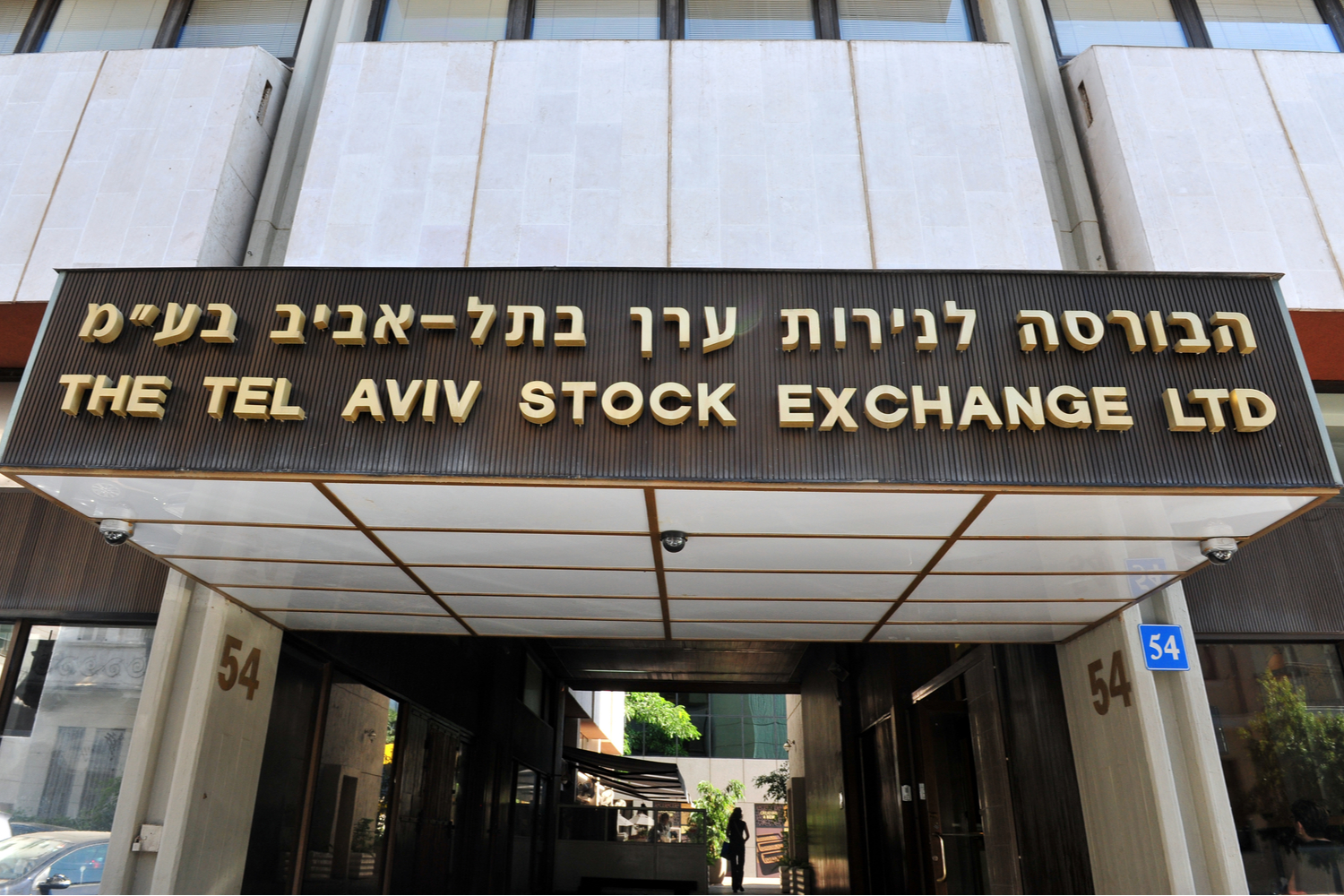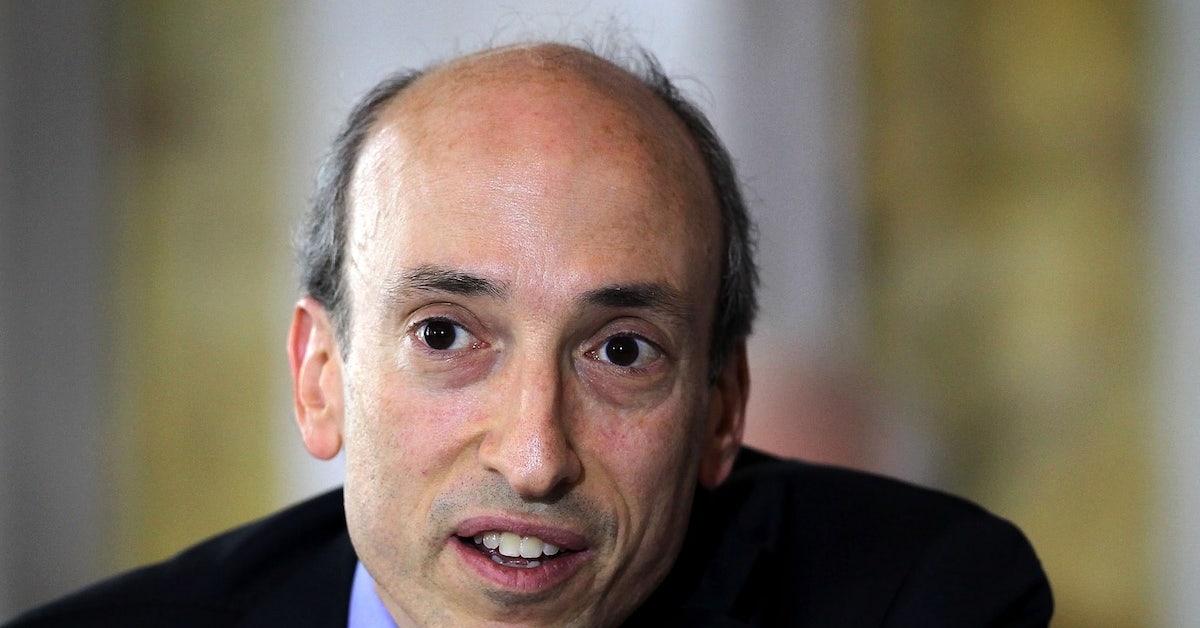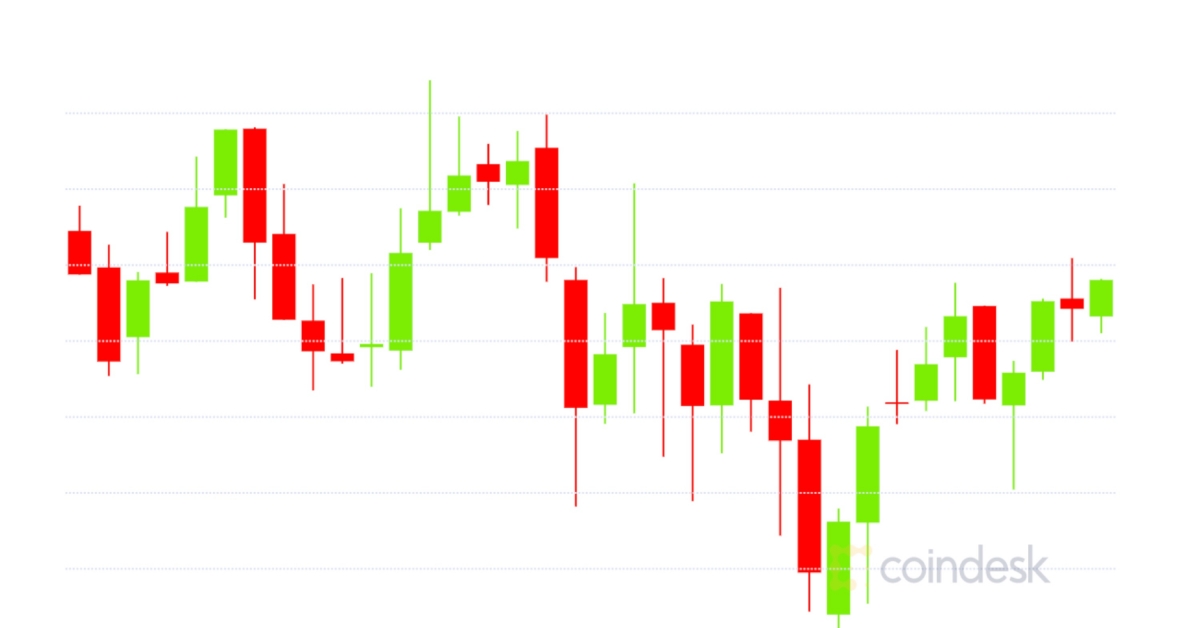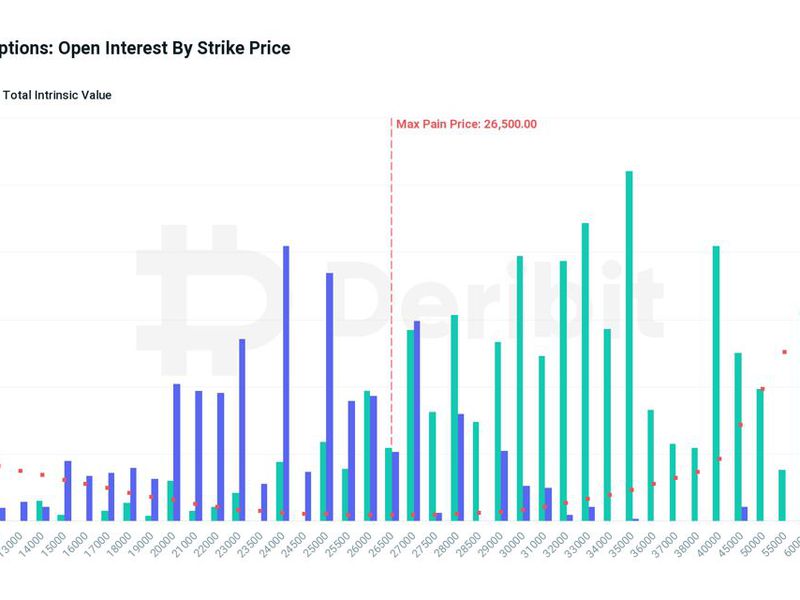Stablecoin Issuers, Conglomerates Targeted by IMF After Crypto’s ‘Rough Year’
Featured SpeakerChristy Goldsmith Romero
CommissionerU.S. Commodity Futures Trading Commission

Explore the policy fallout from the 2022 market crash, the advance of CBDCs and more.
:format(jpg)/www.coindesk.com/resizer/VDk3MowyGg2DUxeRJFgGIHdZ6SE=/arc-photo-coindesk/arc2-prod/public/ZHFQDVVL5ZHVNGH7MTIESP35ZU.jpg)
Jack Schickler is a CoinDesk reporter focused on crypto regulations, based in Brussels, Belgium. He doesn’t own any crypto.
Featured SpeakerChristy Goldsmith Romero
CommissionerU.S. Commodity Futures Trading Commission

Explore the policy fallout from the 2022 market crash, the advance of CBDCs and more.
A ‘rough year’ for crypto markets has underlined the need for comprehensive and consistent regulation of the sector, the International Monetary Fund (IMF) has said, suggesting stablecoin issuers and crypto conglomerates need to have bank-style capital requirements.
In its Global Financial Stability Report published Tuesday, the IMF joins the standard-setters at the Financial Stability Board in calling for consistent international regulation of the cryptocurrency sector after a year that has seen a number of collapses of major exchanges and crypto-linked banks.
“The collapse of multiple entities in the crypto asset ecosystem has again made the call more urgent for comprehensive and consistent regulation and adequate supervision” focused on protecting consumers and corporate governance, the report said.
The report added that regulations should cover crypto storage, transfer, exchange, and custody of reserves, with extra prudential requirements for those carrying out multiple functions and for the issuers of stablecoins – tokens that seek to maintain their value versus fiat currencies.
The report cites a “rough year for crypto,” in which the collapse of crypto- and tech-heavy lenders Silvergate, Signature and Silicon Valley Banks followed from the bankruptcy of FTX in November. “These events add to questions about the viability of digital assets and reinforce the need for appropriate regulation,” the IMF said.
The IMF’s report followed a warning issued earlier Tuesday by the European Systemic Risk Board (ESRB) that financial authorities need to be able to monitor crypto leverage, decentralized finance and crypto staking and lending.“
“Crypto-assets have experienced exponential growth in recent years, and the future development path of this market is uncertain,” said a statement by the ESRB, a watchdog chaired by the European Central Bank’s Christine Lagarde.
The Financial Stability Board, a grouping of international regulators, is due to issue its own crypto rules in July, and its chair Klaas Knot has already said many existing stablecoins would be unlikely to meet its strictures. Many traditional finance players want to see curbs on crypto conglomerates, as the mixing of different financial functions could lead to conflicts of interest, despite concerns about constraining innovation.
The IMF’s Executive Board has previously expressed concerns over the potential of crypto to usurp the role of legal tender, though it stopped short of calling for an outright ban on digital assets.
Edited by Stephen Alpher.
DISCLOSURE
Please note that our
privacy policy,
terms of use,
cookies,
and
do not sell my personal information
has been updated
.
The leader in news and information on cryptocurrency, digital assets and the future of money, CoinDesk is a media outlet that strives for the highest journalistic standards and abides by a
strict set of editorial policies.
CoinDesk is an independent operating subsidiary of
Digital Currency Group,
which invests in
cryptocurrencies
and blockchain
startups.
As part of their compensation, certain CoinDesk employees, including editorial employees, may receive exposure to DCG equity in the form of
stock appreciation rights,
which vest over a multi-year period. CoinDesk journalists are not allowed to purchase stock outright in DCG
.
:format(jpg)/www.coindesk.com/resizer/VDk3MowyGg2DUxeRJFgGIHdZ6SE=/arc-photo-coindesk/arc2-prod/public/ZHFQDVVL5ZHVNGH7MTIESP35ZU.jpg)
Jack Schickler is a CoinDesk reporter focused on crypto regulations, based in Brussels, Belgium. He doesn’t own any crypto.
Learn more about Consensus 2023, CoinDesk’s longest-running and most influential event that brings together all sides of crypto, blockchain and Web3. Head to consensus.coindesk.com to register and buy your pass now.
:format(jpg)/www.coindesk.com/resizer/VDk3MowyGg2DUxeRJFgGIHdZ6SE=/arc-photo-coindesk/arc2-prod/public/ZHFQDVVL5ZHVNGH7MTIESP35ZU.jpg)
Jack Schickler is a CoinDesk reporter focused on crypto regulations, based in Brussels, Belgium. He doesn’t own any crypto.









